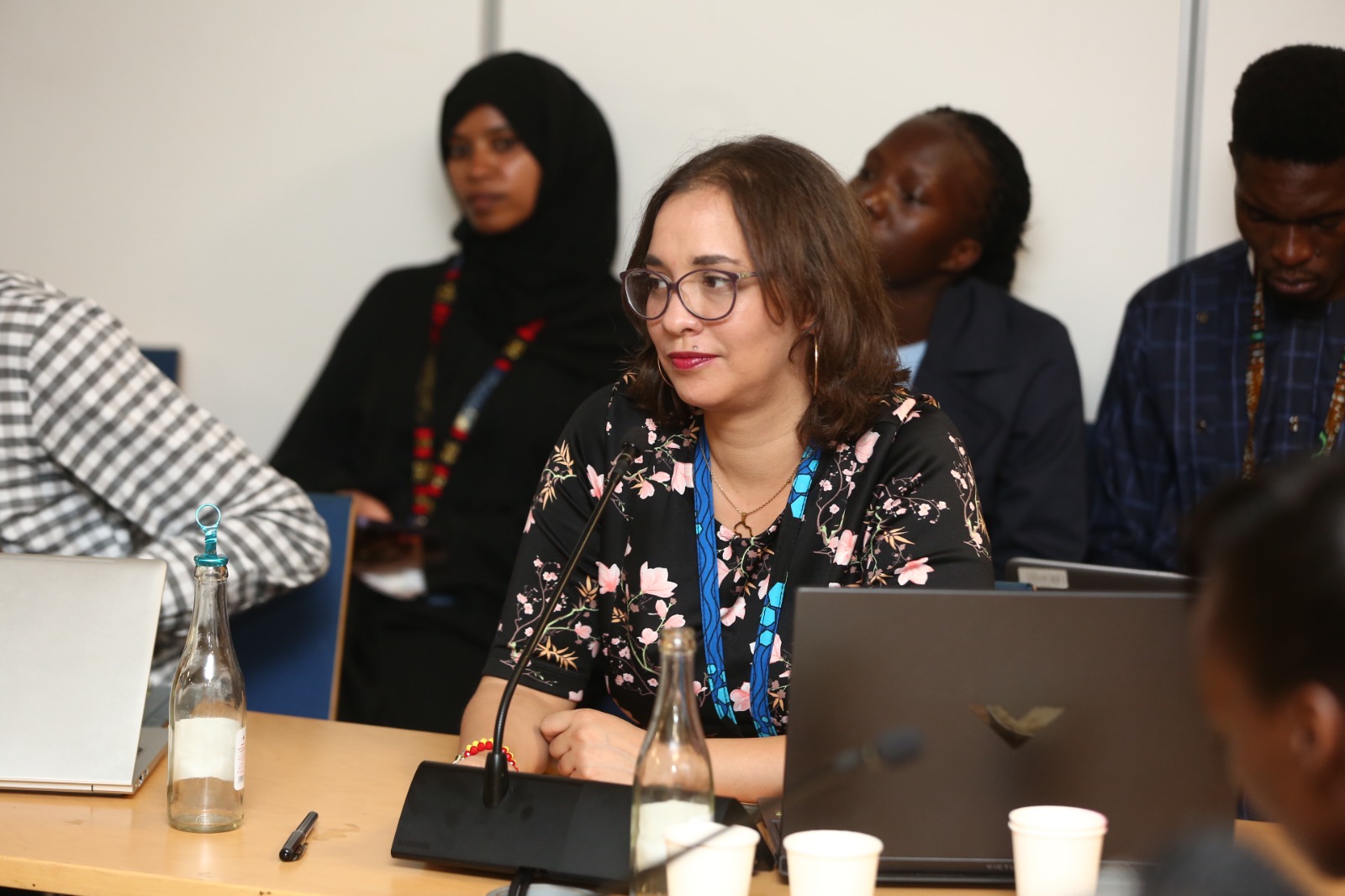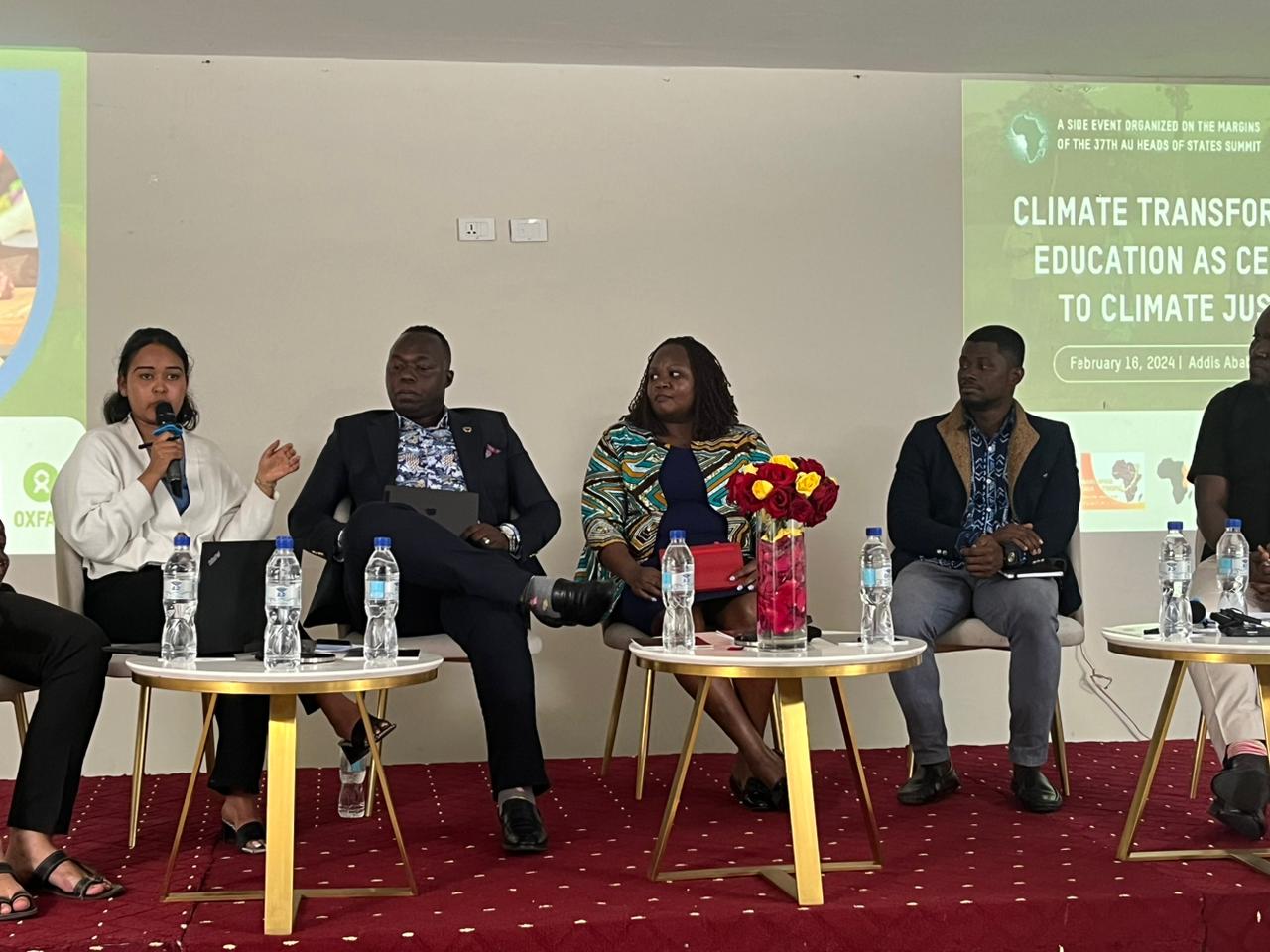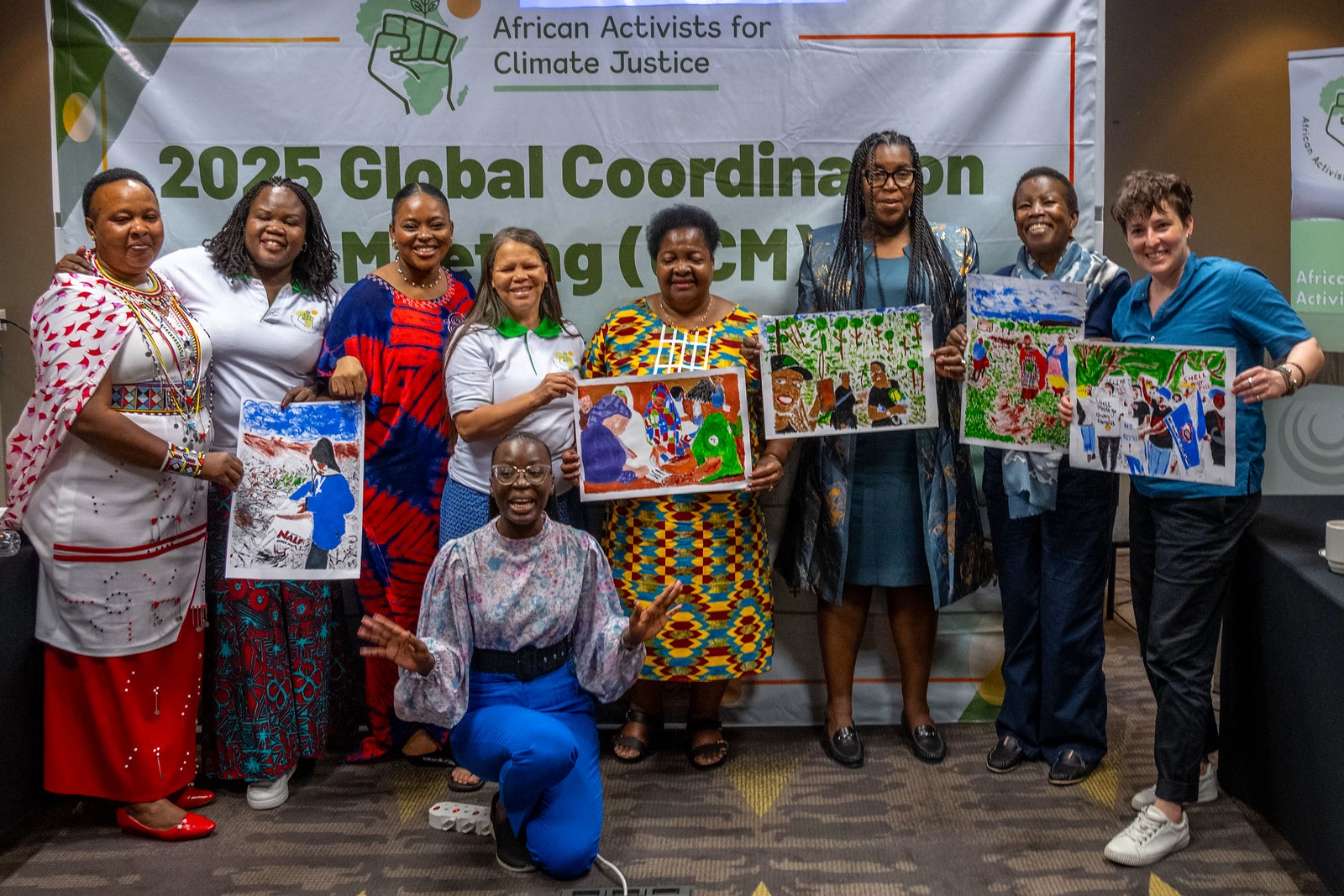
Powering Pathways for Sustainable Climate Actions: A Call to Strengthen Climate Justice Across Africa
As the world faces an escalating climate crisis, African communities remain at the frontline, bearing the brunt of climate injustices despite contributing the least to global emissions. From extreme droughts and devastating floods to unpredictable weather patterns, the impacts of climate change are disproportionately severe across the continent. It is within this reality that the African Activists for Climate Justice (AACJ) convened the 2025 Global Coordination Meeting (GCM-25) under the theme “Powering Pathways for Sustainable Climate Actions,” setting the stage for bold commitments toward a just and sustainable future.
The African Activists for Climate Justice Project, spearheaded by the PanAfrican African Climate Justice Alliance (PACJA), brings together a powerful alliance of five consortium partners—AYC, FEMNET, OXFAM NOVIB, NATURAL JUSTICE, and PACJA. Each partner contributes unique expertise in youth mobilization, women-led advocacy, community resilience, amplifying African voices, and advancing locally driven climate adaptation. Backed by the Dutch Ministry of Foreign Affairs, we bridge grassroots communities with regional and global climate processes, driving bold, impactful, and sustainable climate action.
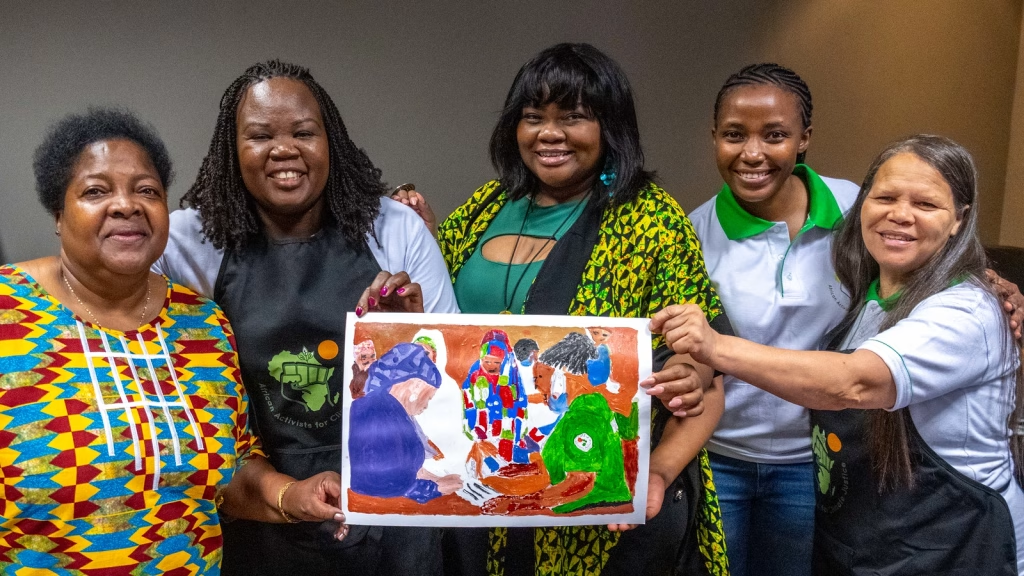
FEMNET team members showcased their painting during the art gallery session at the AACJ General Coordination Meeting 2025. Photo Credit: Carel de Groot
Since its inception in 2021, AACJ has played a key role in strengthening grassroots climate movements, advocating for inclusive policies, and amplifying African voices in global climate discourse. The 2025 GCM marked a pivotal moment for consolidating gains, refining sustainability strategies, and ensuring the initiative’s impact extends beyond 2025 through long-term strategies and partnerships. At the close of the meeting, a communique outlined seven strategic imperatives that will shape sustainable climate justice efforts across Africa. These include deepening grassroots movements, securing sustainable funding, enhancing policy advocacy, and fostering North-South cooperation to drive meaningful climate action.
One of the key takeaways from GCM-25 was the urgent need for collective advocacy in global climate negotiations. With major events such as COP30 and the review of Nationally Determined Contributions (NDCs) on the horizon, AACJ partners are committed to developing unified advocacy messages that amplify African perspectives. The coalition aims to engage strategically in global forums, pushing for ambitious policies centered on human rights-based approaches, climate finance, just energy transitions, and the protection of environmental defenders.
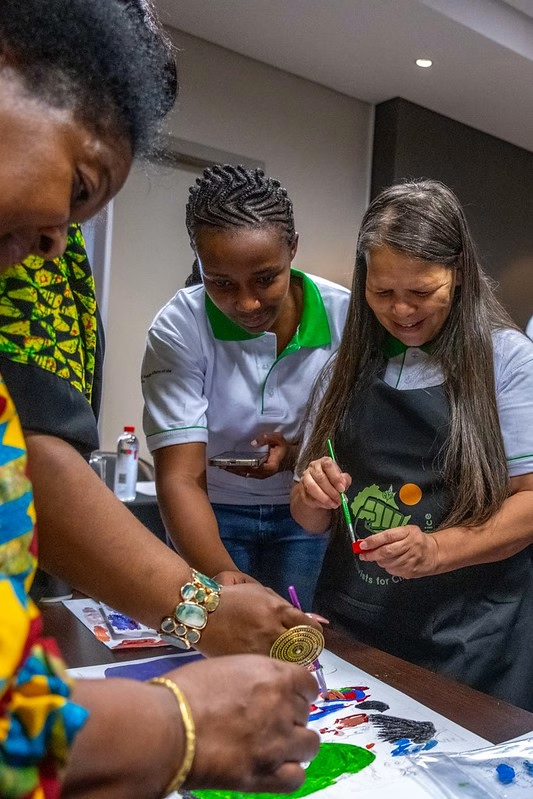
Painting session ongoing. Photo Credit: Carel de Groot
Sustainability in climate action lies in community-driven initiatives. The meeting reaffirmed that locally led solutions grounded in Indigenous knowledge, gender responsiveness, and grassroots leadership are fundamental to achieving long-term climate resilience. AACJ pledged to advocate for the institutionalization of locally led climate action within national and regional policies while scaling up successful community-driven innovations.
A critical component of AACJ’s strategy is effective documentation and communication of climate justice efforts. By capturing impact stories, highlighting policy wins, and leveraging digital platforms, the coalition seeks to sustain momentum and influence future advocacy. The importance of gender-responsive storytelling was also emphasized, ensuring that the contributions of women, youth, and marginalized communities in the fight for climate justice are recognized and celebrated.
Achieving climate justice requires bold and sustained advocacy to hold leaders accountable. Governments, corporations, and international institutions must uphold their climate commitments, implement global climate agreements, and increase climate finance. AACJ called for the repeal of right-wing policies that obstruct progressive climate action and advocated for climate-sensitive economic models that protect vulnerable communities while safeguarding ecosystems.
As AACJ transitions into its next phase, the call to action is clear: African climate justice movements must be strengthened, sustainable policies must be championed, and frontline communities must be empowered. The legacy of AACJ lies not just in the policies it influences but, in the lives, it transforms through movement-building, advocacy, and grassroots resilience. AACJ and its partners reaffirm their unwavering commitment to a just and equitable climate future for Africa and beyond by powering pathways for sustainable climate actions.
Related Tags
Related Posts
African Feminists Make Waves at UNEA6
The United Nations Environment Assembly (UNEA) is often a scene of power suits and diplomatic jargon. But this
Learn MoreAfrican Climate Justice Activists Tell AU: “We Demand Action!”
A fiery statement from the African Movement of Movements Space echoed through the halls of the African Union,
Learn More
